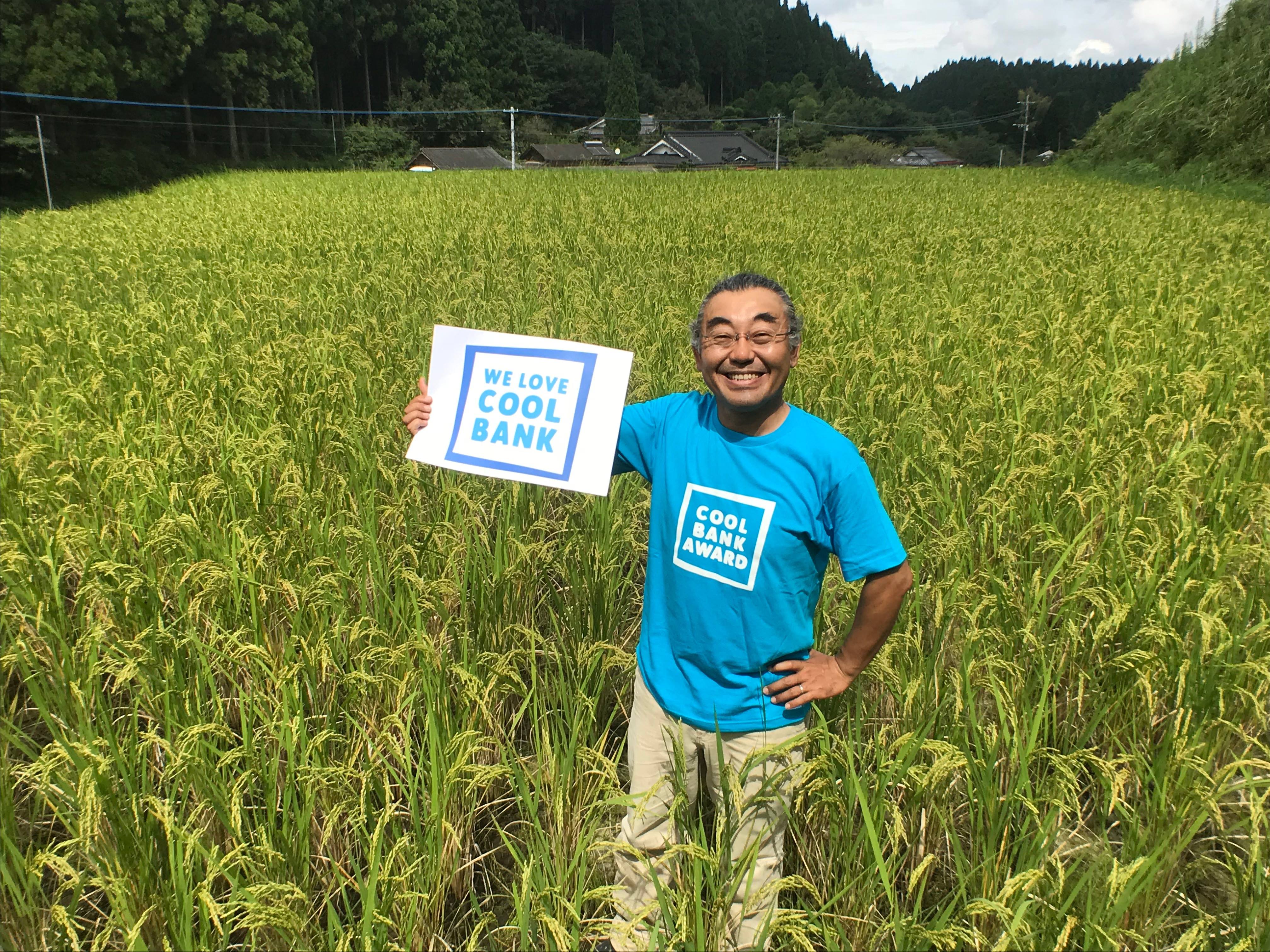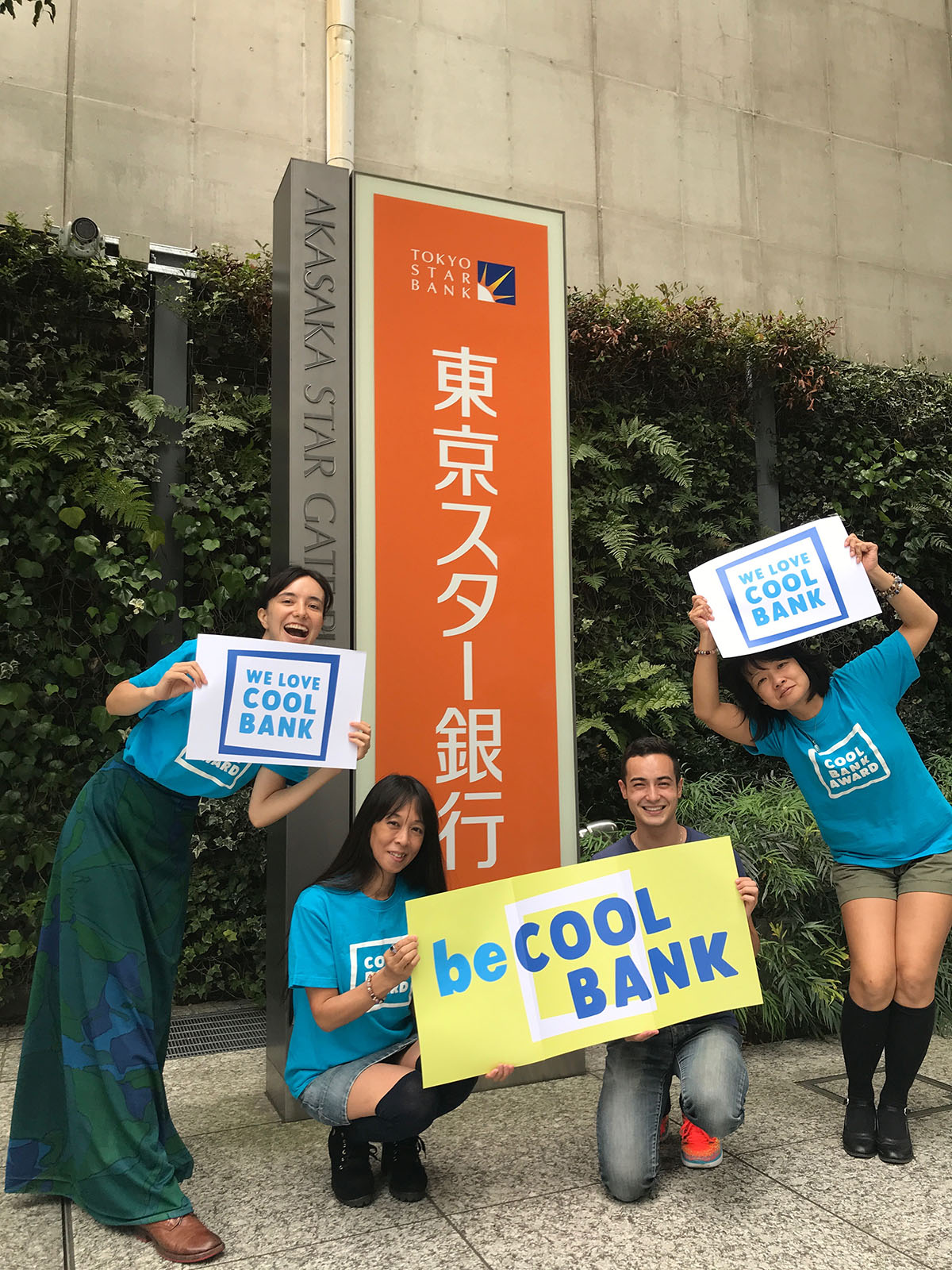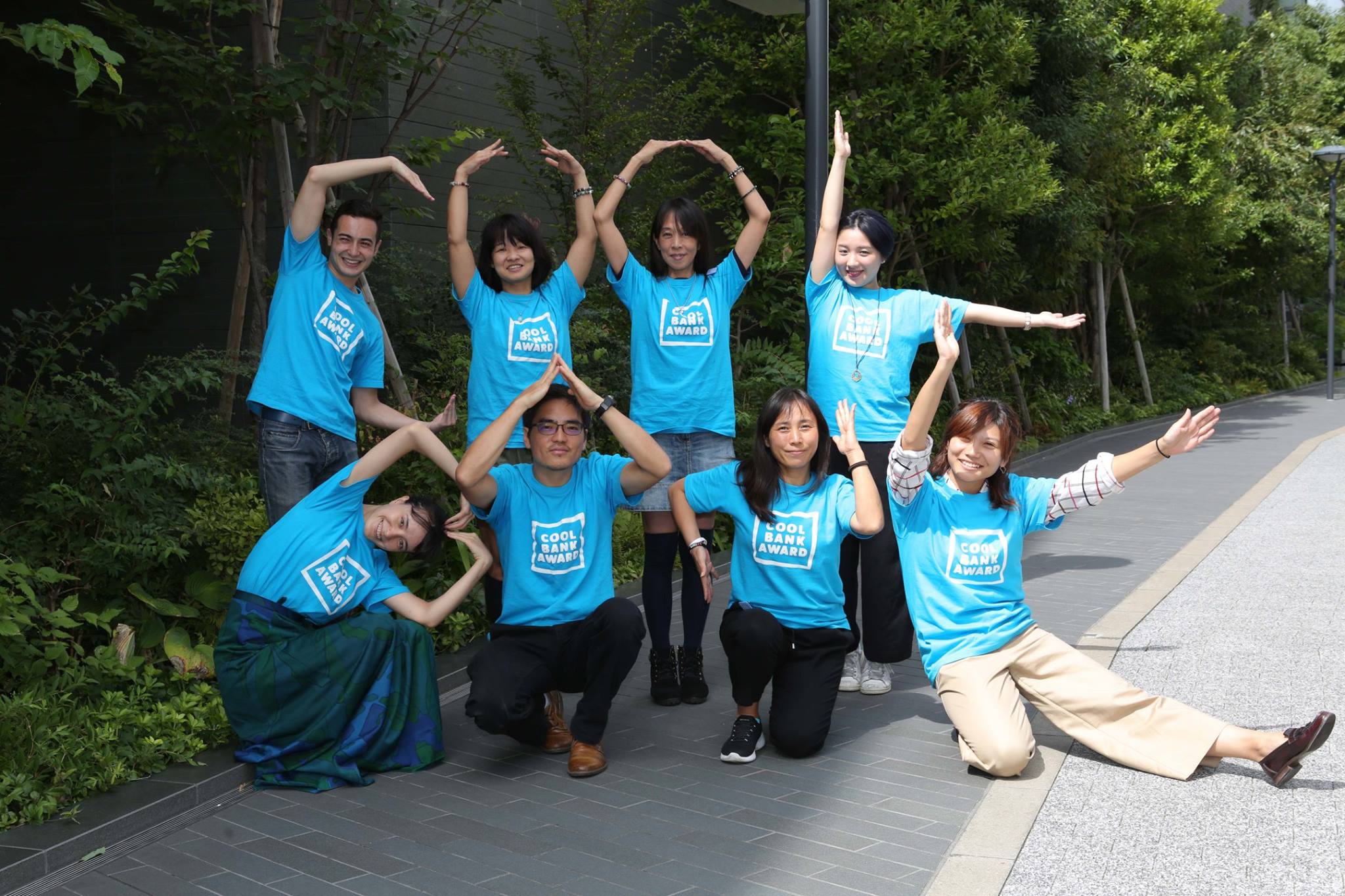By Kota Besant, 350 Japan Junior Campaigner
This year has seen Japan struck by a number of unprecedented climate-related disasters including heat waves of over 40 degrees celsius and torrential rains causing flooding and landslides. The seriousness of the heat wave and loss of life it caused was acknowledged by the Minister of the Environment Mr. Masaharu Nakagawa, who made clear that risks of this severe weather phenomena would only worsen with continued climate change.
It was in this heat that the 350 Japan team launched the ‘Cool Bank Award’ campaign, with the goal to acknowledge and support banks that do not have relationships with the fossil fuel or nuclear industry, thus doing their part to keep the earth ‘cool’.

The campaign goal was 2 fold, to empower volunteers and allow them to feel ownership of the campaign, and to activate volunteers from across Japan, not just in Tokyo, to participate in RISE and promote fossil and nuclear free banks in their local community. To do this volunteers could participate in two ways: 1) visiting a ‘cool’ bank near them and awarding them for declaring their fossil and nuclear free status, or 2) sending in a picture holding a banner thats reads “We Love Cool Bank’.

Unfortunately no banks qualified to receive a ‘Cool Bank Award’ as none were prepared to declare their stance publicly, so instead, together with volunteers, we visited banks and invited them to be a ‘Cool Bank’ by disclosing their financial relationships with fossil fuel and nuclear companies. In total 16 banks, including 1 in every of the 5 major cities was visited.

Although there were not as many ‘cool’ banks in Japan as we had hoped for, not all hope is lost. We were able to build stronger relationships with banks and send a clear message that account holders want to choose banks that do not fund climate change or nuclear risk. We are also pleased to say that we can now see banks with whom there is potential going forward to achieve our divestment goals.
Japan has a unique culture, and as such, a unique approach to mobilisation is a must. As such, we are always trying out new methods of community engagement. In regards to this campaign, it was a challenge to convey our message to volunteers across the country, especially to the extent where they felt ownership of the campaign.

In saying that, we were able to reach out to volunteers (some new, some old) from across 21 prefectures in Japan, from the northern island Hokkaido to the southern Island Kyushu. It is exciting to see the climate activist network spreading in Japan, and we cannot wait to work together with them on future campaigns.